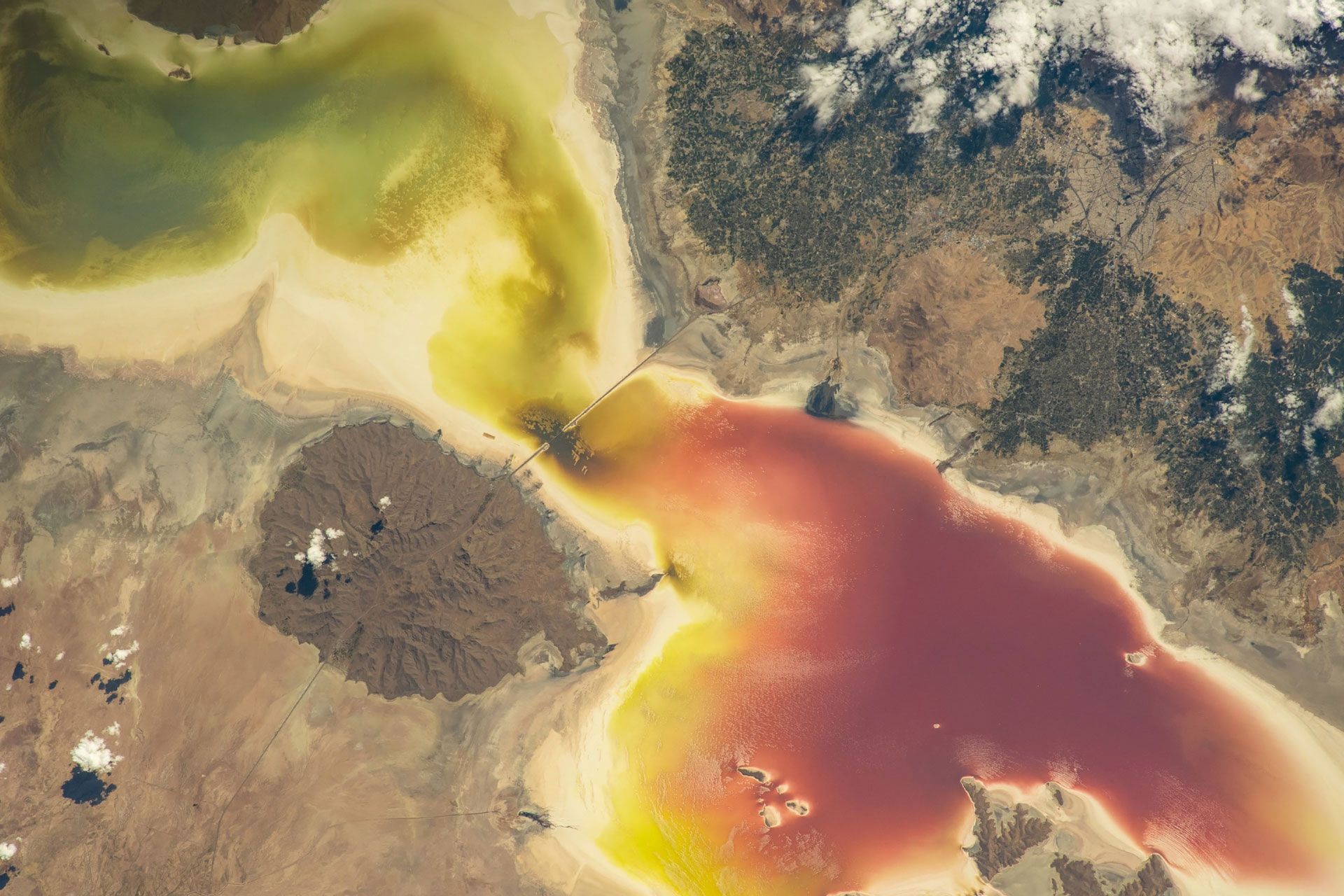
New competitions to advance climate action with AI
ITU News
A new global challenge promoting artificial intelligence (AI) for water, agriculture and energy sustainability welcomes your participation as part of a drive for digital solutions addressing the climate crisis.
The AI/ML Solutions for Climate Change challenge involves problem-solving competitions set to culminate at the United Nations climate change conference, COP28.
The latest in a series of AI for Good challenges organized by the International Telecommunication Union (ITU), it aims to enhance a broad partnership drive for Green Digital Action at COP28.
Registration for the new climate action challenge is open until 30 September 2023.
The move to crowdsource innovative AI solutions is supported by ITU, the International Atomic Energy Agency (IAEA), the UN Food and Agriculture Organization (FAO), the UN Educational, Scientific and Cultural Organization (UNESCO), and the World Bank.
Collaborative problem-solving
The climate action challenge aims to create an innovation ecosystem where collaborative problem-solving will help bring promising AI solutions to global scale.
It will connect participating innovators with new partners in industry and academia – as well as new tools and data resources – to compete in problem-solving competitions with support from mentors and in-depth tutorials.
Participating AI developers will be able to showcase and hone their skills, gain global recognition, and rally support for their innovations.
A series of AI for Good webinars will highlight the competition in the run-up to COP28, where winning solutions will be pitched to a global audience and the overall winner will be announced.
The new climate action challenge is modelled on successful ITU challenges to apply AI and machine learning in 5G networks and geospatial data analysis. These problem-solving competitions, first launched in 2020, have given rise to valuable AI solutions and helped build AI innovation capacity around the world.
Water, agriculture, and energy
The climate action challenge hosts six competitions under three broad themes:
Water resource management
- AI solutions to detect climate extremes, forecast flood and droughts to provide early warnings, and identify water resources vulnerable to climate change and define optimal adaptation pathways.
Curated by UNESCO
- Integrating AI in isotope hydrology studies, with a view to reconstructing temporal and spatial isotopic variability and creating data snapshots that improve our understanding of climate change patterns, enable paleoclimate reconstruction, and reinforce hydrological and climate models.
Curated by IAEA
The competitions are facilitated by a stream of the AI for Good Innovation Factory led by ITU and IAEA.
Food and climate-smart agriculture
- AI solutions complementing Earth Map – a free open-source tool developed under the FAO-Google partnership – to help users identify water-related challenges in specific areas of interest, leveraging the datasets and functionalities available within Earth Map.
Curated by FAO
- AI-driven area mapping and estimations of area-wide soil properties, based on fusing data at different resolutions (for example, from point to landscape data) and collection methods such as infrared spectroscopy, gamma spectrometry, and satellite imagery.
Curated by Joint FAO/IAEA Centre
- AI-based techniques for cosmic-ray neutron sensing and gamma spectrometry in combination with satellite imagery for area-wide monitoring and mapping of soil moisture, which can also address crop productivity and provide early warnings of floods or droughts.
Curated by Joint FAO/IAEA Centre
The competitions are facilitated by a stream of the AI for Good Innovation Factory led by ITU and IAEA.
Reducing the energy consumption of 5G networks
- AI solutions for network operators to curb their energy consumption, said to account for as much as 90 per cent of their operational expenditure on their networks. Estimates suggest that 5G networks are around four times more energy-efficient than 4G networks, but that total energy consumption is approximately three times larger as result of 5G’s need for higher densities of networking equipment.
Curated by Huawei
The competition is facilitated by the ITU AI/ML in 5G Challenge.
Header image credit: Adobe Stock/NASA
